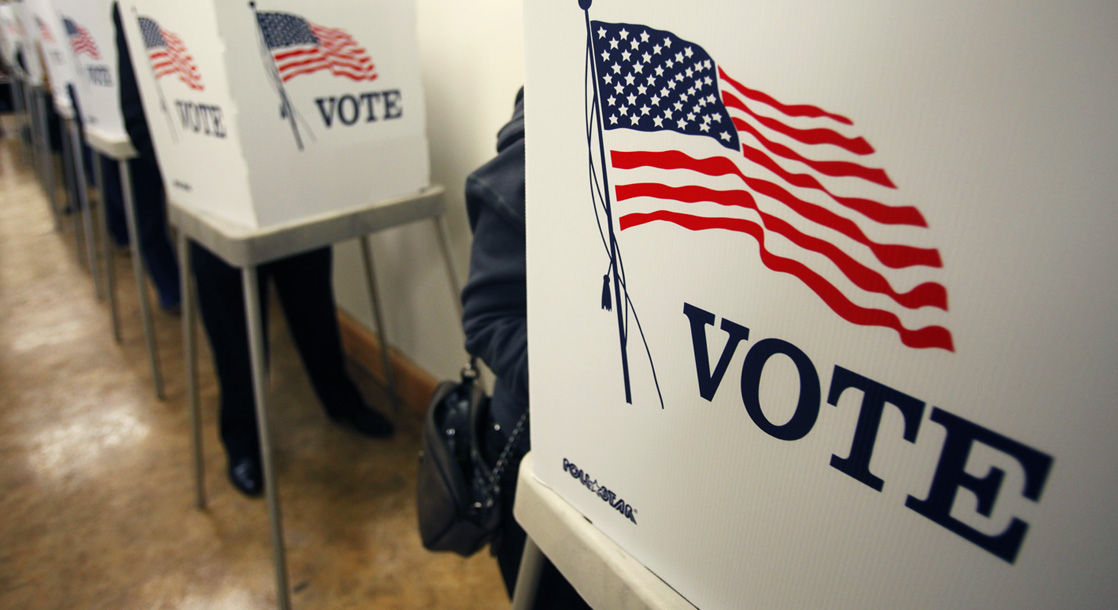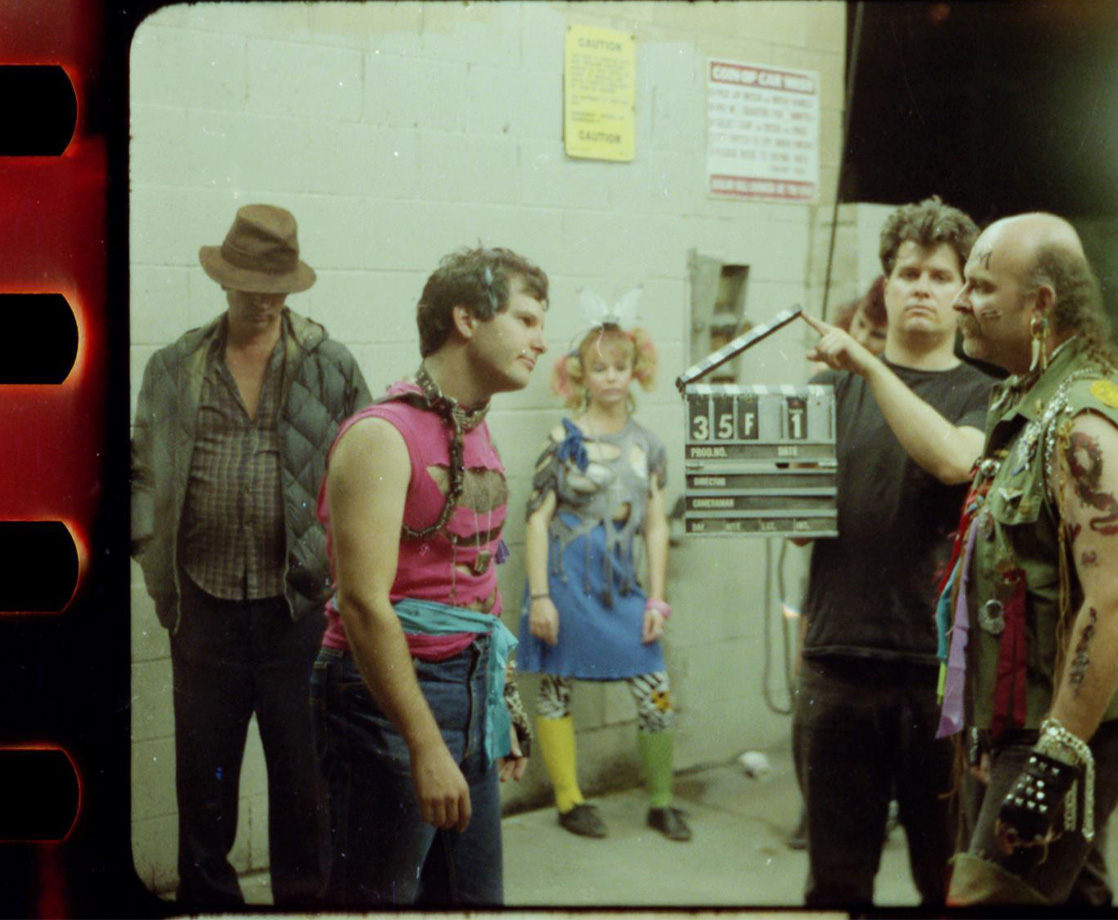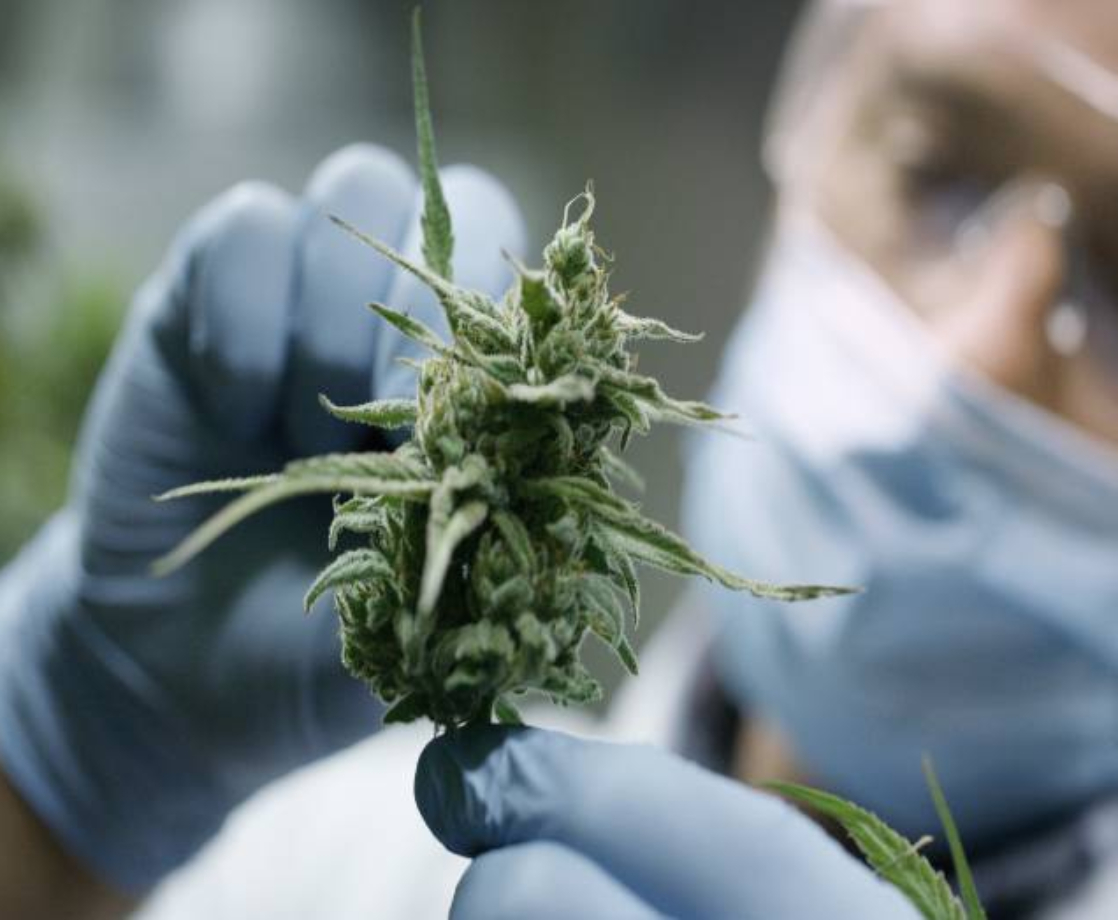Legalization of recreational marijuana in California will be on the November ballot this year and Californians now have a chance to pass what was once rejected by only 7 percent 2010. Efforts to raise awareness took a rise after Tuesday's ruling to add the initiative into the ballot after enough signatures were in place.
“Today marks a fresh start for California, as we prepare to replace the costly, harmful and ineffective system of prohibition with a safe, legal and responsible adult-use marijuana system that gets it right and completely pays for itself,” Jason Kinney, a campaign spokesman, said in a statement.
MERRY JANE has put together a list of five things for our readers to know about the legalization of marijuana recreationally in California. So just sit back, light up, and read:
Successful Vote
If passed, people 21 and older will be able to buy an ounce of marijuana and marijuana-infused products at licensed retail outlets and grow up to six cannabis plants for personal recreational use.
Sales
Sale of both recreational pot and medical marijuana initially would be subject to a 15 percent excise tax while cities and counties retain the right to prohibit pot-related businesses and to impose their own fees and taxes.
What It Means To California
The measure would raise as much as $1 billion per year in revenue and reduce public safety costs for police, courts, jails and prisons according to state officials. Provisions of the initiative would direct most proceeds to covering regulatory cost, research on the effects of legalization, environmental mitigation, substance abuse treatment, and other purposes.
Smoking Restrictions
Smoking cannabis would remain off-limits in places where tobacco use is already prohibited, which includes restaurants, bars, and other enclosed public places.
Who Supports It?
Current Lieutenant Governor, Gavin Newsom, along with former Facebook president, Sean Parker. The California NAACP, the California Medical Association, and The California Democratic Party are promoting it as a civil rights issue arguing the disproportionate share of minority drug crimes and arrests. They state that it will be easier for police to crackdown on illicit sales and make it harder for people under 21 to obtain pot.











